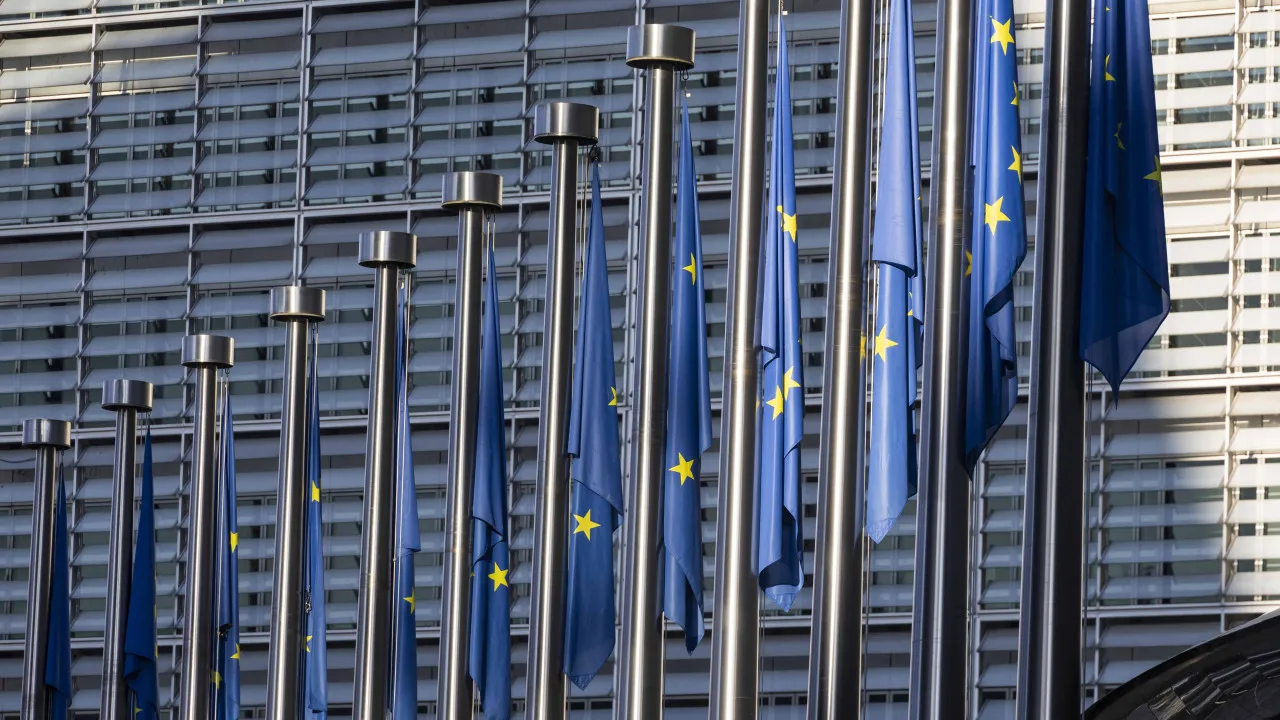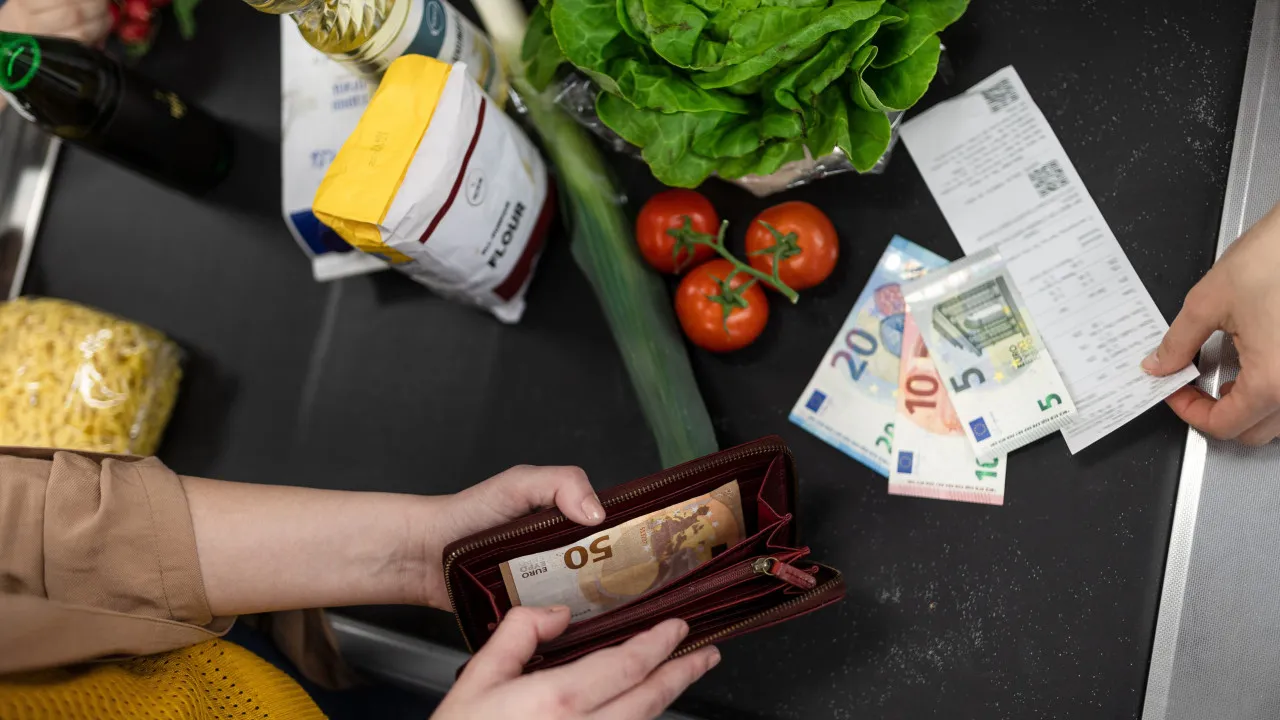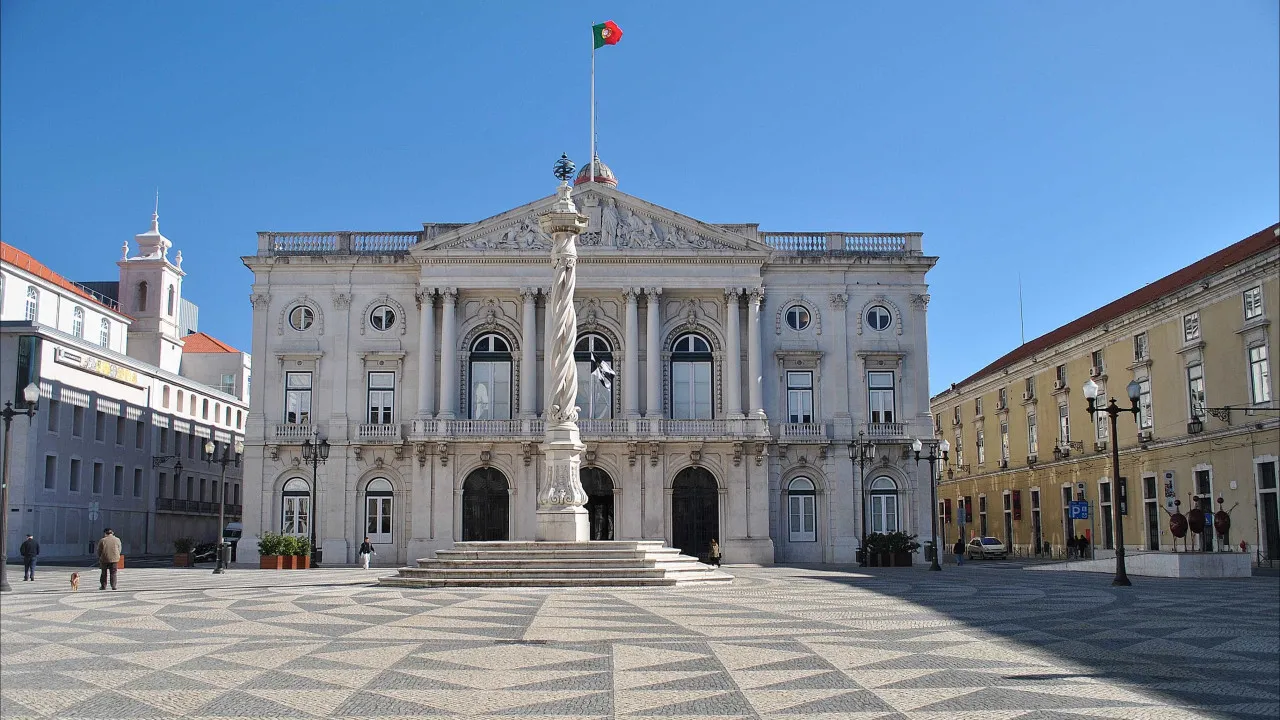
The European Commission has initiated legal action against Portugal for failing to fully transpose two European laws regarding excise duties—Directive (EU) 2020/262 and Directive (EU) 2020/1151—into national law by the required deadline of December 31, 2021.
All EU member states were mandated to enact and immediately communicate the necessary legislative measures to the Commission.
On January 28, 2022, two letters of formal notice were sent, followed by reasoned opinions—the second step in the infringement process—on July 15, 2022.
The Commission stated that despite Portugal’s communication of various national measures, some provisions necessary for complete transposition of these directives remain outstanding.
Portugal is the only member state that has not fully incorporated these directives into national law.
The Commission deems the efforts made by the Portuguese authorities as insufficient and has filed a case against Portugal at the Court of Justice of the European Union, seeking financial penalties.
Directive (EU) 2020/262, established on December 19, 2019, sets general rules for the production, storage, and circulation of goods subject to excise duties.
The Commission underscores the importance of Portugal complying with all regulations, particularly those regarding cross-border situations, validity and release of guarantees throughout the EU, suspicions of fraud or irregularity, and obligations of competent authorities, as well as the roles of consignors and consignees in specific cases.
Directive (EU) 2020/1151 establishes a certification system across the bloc for small alcohol producers, facilitating their access to reduced excise duty rates throughout the EU.
This legislation also strengthens the fight against fraud by clarifying the conditions for alcohol exemptions not intended for human consumption. The identified transposition gap in Portugal affects cross-border trade in alcohol produced by small wine producers in other member states and in alcohol not intended for human consumption.




